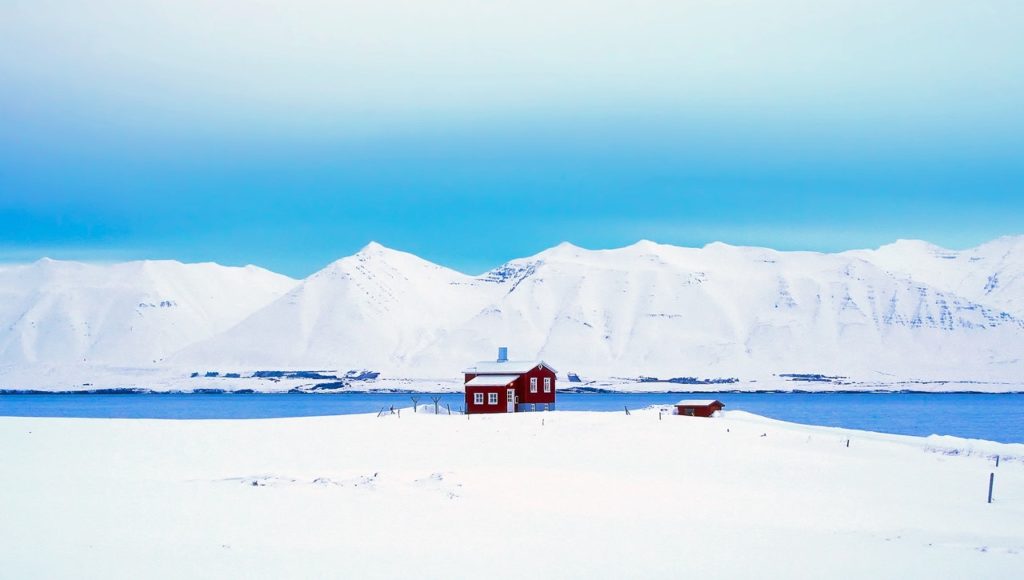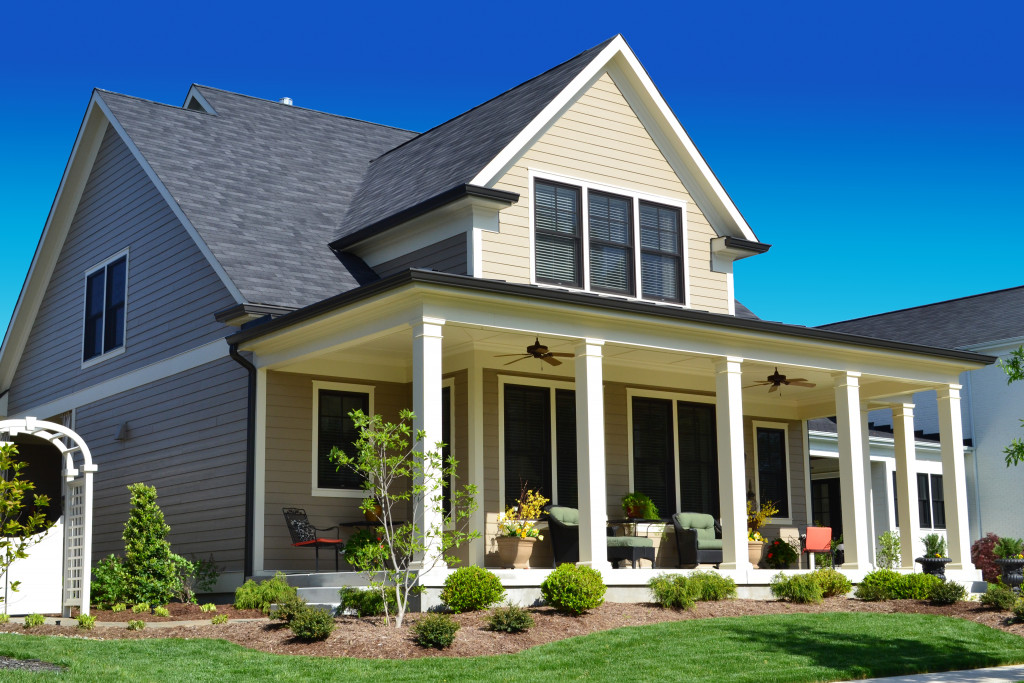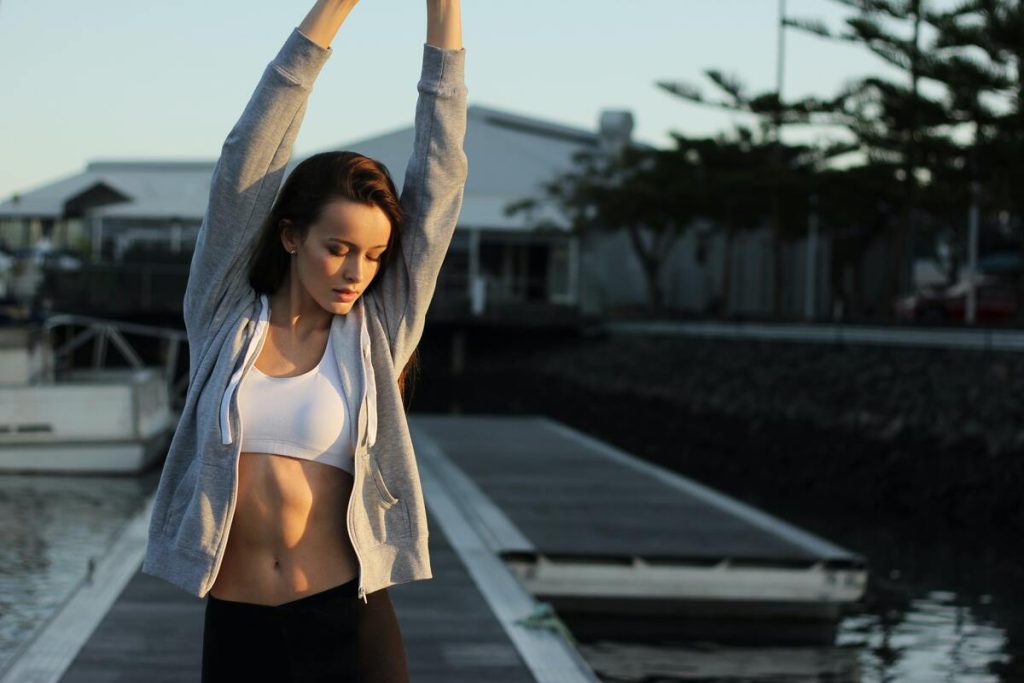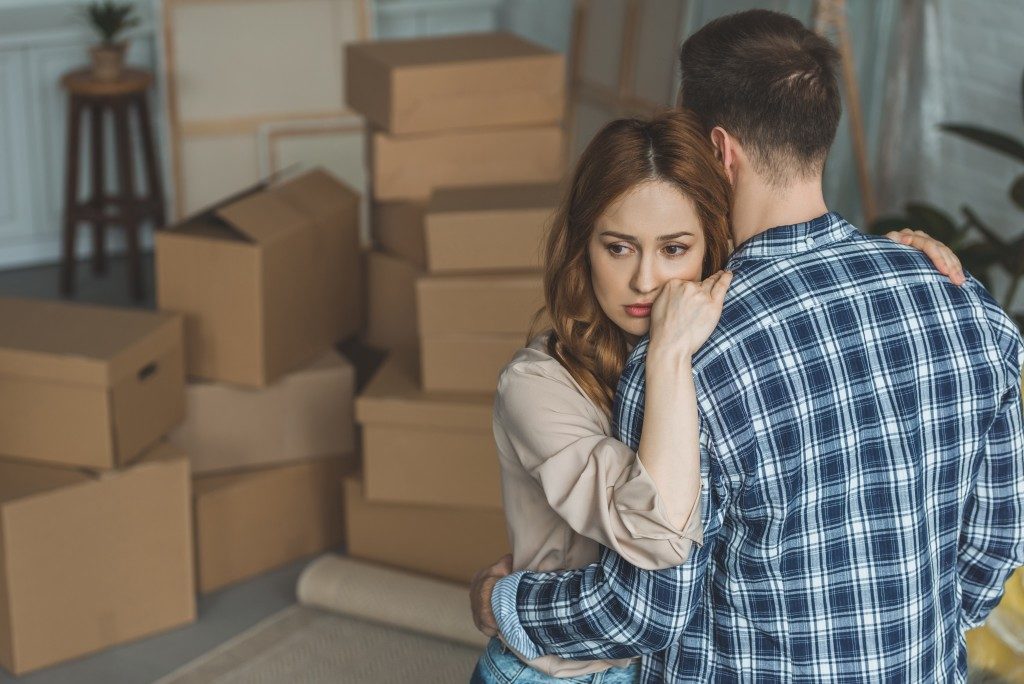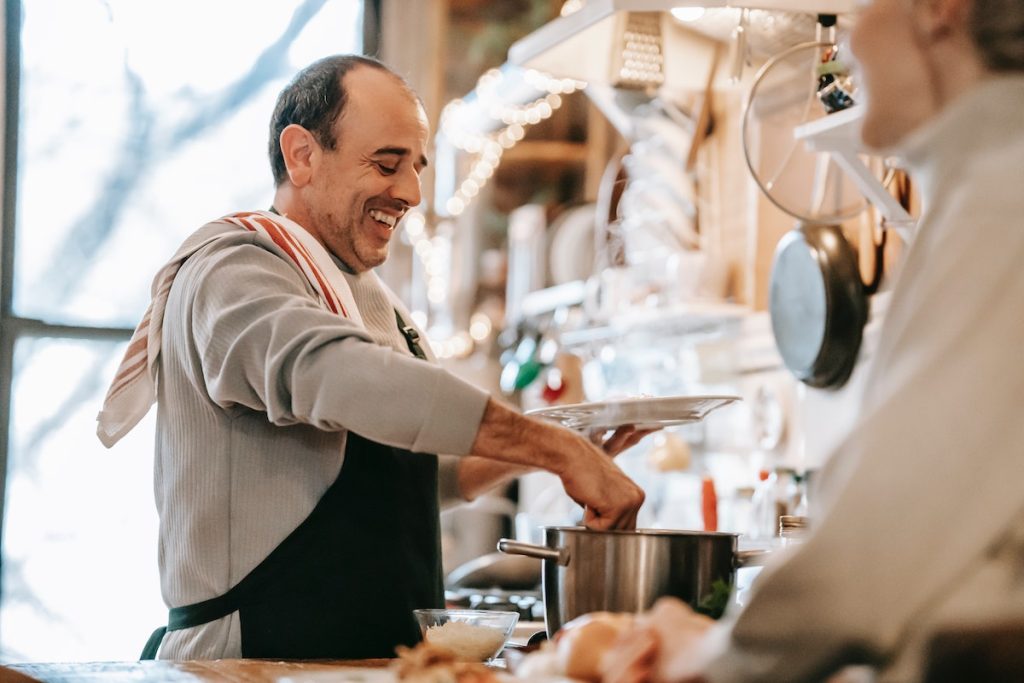If you’ve grown sick of the city life and decided that you’ll move into the wilderness, consider cabin-living. With a river or a lake merely steps away, you’ll enjoy peaceful surroundings and soothing sounds of nature. It’s the perfect place for unwinding, reflecting, and reconnecting with the natural world.
Cabin-living feels amazing no matter the season. You can go sledding or skiing in the winter, paddle a kayak in the spring, go for a picnic in the summer, and cycle in the fall. You’ll never get bored in your little log home despite the lack of urban life around you.
But such off-the-grid living also comes with a few downsides. For one, it’s not a lifestyle suited for on-the-go people. If you often expect business calls and spontaneous appointments, living miles from the city will pose an inconvenience. For another, you may not have a strong internet connection, which will disrupt your work.
Hence, ask yourself these questions before building your log home, then decide if cabin-living is worth it:
1. Where should I live?
If you’re from the U.S., many states and cities in your country offer cabin-living opportunities. But with regard to the best place to live in, Cabin Life surveyed their followers and found that Pinetop-Lakeside, Arizona won.
Pinetop-Lakeside is located in the White Mountains of eastern Arizona. You’ll love your stay here no matter the season, but spring and summer particularly make this place a paradise for water enthusiasts. You can explore around 50 alpine lakes and 800 miles of cold rivers.
But if you prefer hiking, autumn is your season in Pinetop-Lakeside. You can trek in solitude in its secluded trails, surrounded by the lovely fall foliage.
Other great places for cabin-living include Big Sky (Montana), Berea (Kentucky), Davis (West Virginia), and Douglas County (Minnesota). These places are all sparsely-populated, allowing you to enjoy better privacy and solitude.
As you decide where to live, research your options’ quality of life, crime rates, and economy. These factors will determine if you can live sustainably in the locations you’re considering.
2. Will I have a reliable internet connection?
Just because you’re living off-the-grid doesn’t mean you should give up internet connectivity. But expect a slower connection, because rural areas are usually underdeveloped.
But many rural areas in the U.S. are now enjoying high internet speeds. These include Boardman, Madisonville, Rifle, Pulaski, Seaford, and Ware. Their connection speeds exceed the recommended rate of 25 Mbps. And the best thing about these places is that they are all near mountains, lakes, and rivers.
On the flip side, the rural areas with the lowest internet speeds include Hyden, White Hall, Yale, Farmington, and Stevensville. So if you are considering those areas, ensure that you can obtain an alternative network source.
3. Can I fish freely?
Fisheries place certain restrictions on recreational fishing. In the Gulf of Maine, for example, private anglers can only catch one Atlantic Cod per day, and only during the open season, which is on April 1–14, and September 15–30. But outside the gulf, private anglers may catch 10 Atlantic Cods per day, anytime.
Beware of the species you shouldn’t catch as well. Recreational fishers are not allowed to catch Atlantic Salmon, Atlantic Sea Scallop, and Windowpane Flounder. Read and understand the fishing restrictions in the river or lake of your choice, so that you’d avoid making costly and inconvenient mistakes.
4. What essentials do I need?
Chances are you won’t find a grocery store nearby, so every time you make a trip back to the city, stock up on these cabin essentials:
- Non-perishable food
- Firestarters
- Light fixtures
- First aid kit
- Sleep essentials
- Security tools, such as flashlights and knives
- Books
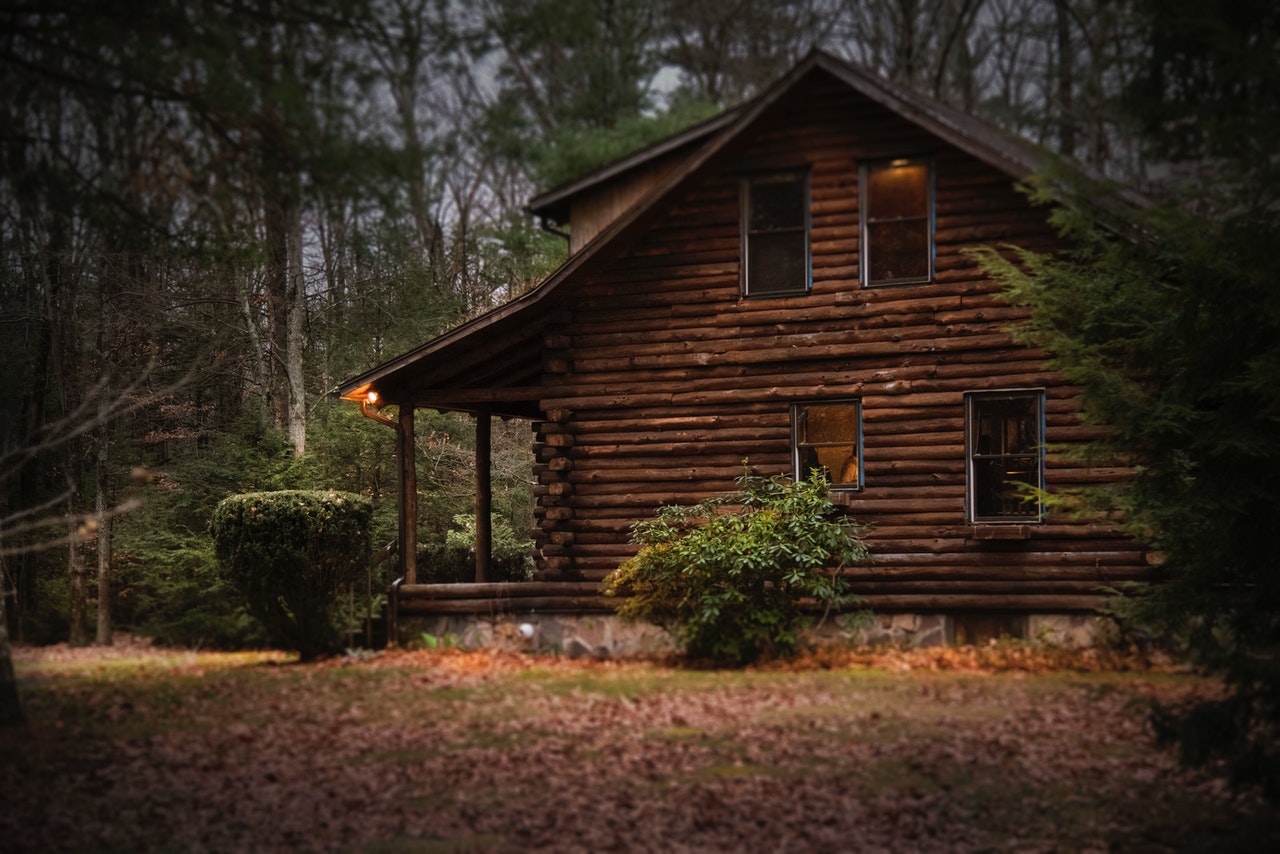
You may also need large water containers and filters, because the wilderness doesn’t usually have a stable water source. Electricity might be a problem too, so invest in a solar generator that can run your appliances, chargers, and other electronics. If you plan on grilling often, choose an electric grille that your solar generator can run as well.
And of course, don’t forget your fishing gear. Though you may rent them from fishing resorts, having your own still make every fishing experience better. Choose high-quality gear like a Daiwa electric reel. It will last you a long time, and will never falter against giant catches.
5. Where else can I go fishing?
When you begin to develop a fondness for fishing, you’d definitely look for rivers or lakes other than the one by your cabin. The best waters for fishers are Lake Champlain, Lake Okeechobee, Toledo Bend, and Sam Rayburn Reservoir. Some runner-ups include Lake Fork, Guntersville Lake, Lake Erie, and Kentucky Lake.
Once you start living in your log home, your life will change in ways you never thought possible. Adjustment won’t be easy, but once you get the hang of everything, you’ll realize that cabin-living is the best decision you ever made.

